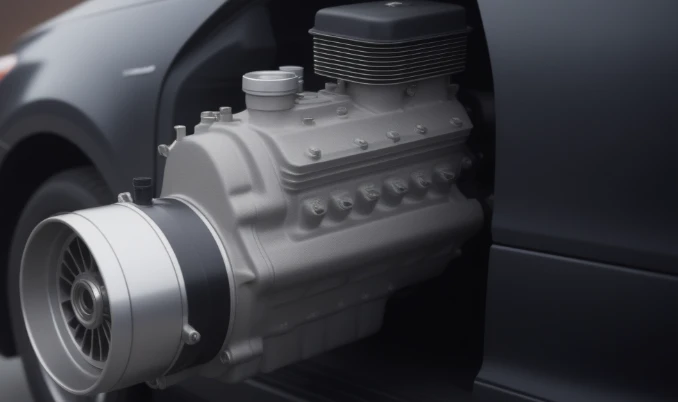Fuel additives: are they worth using?
There is a widespread belief among car enthusiasts that fuel additives can improve engine performance and save fuel. But how true is this?
Effect on the engine
Fuel additives are designed to clean the fuel system and improve fuel combustion. They can remove deposits, prevent corrosion and improve lubrication.
Benefits of use
- Injector and combustion chamber cleaning: Helps maintain optimal engine performance.
- Improved fuel quality: Increases combustion efficiency, which can lead to fuel savings.
- Corrosion Prevention: Reduces the risk of damage to fuel system components.
Potential Disadvantages
- Cost: Regular use of supplements can be expensive.
- Non-Compliance: Some additives may not meet the vehicle manufacturer's fuel quality standards.
When should it be used?
Situations requiring application
- Long-term vehicle use: If a vehicle has been used for many years, the use of additives can help keep it in good working order.
- Use of low-quality fuel: In countries with low- quality fuel, additives can compensate for its deficiencies.
When not recommended
- New vehicles: Modern engines generally do not require the use of additives as they are already optimized for maximum efficiency.
- Regular filter replacement and maintenance: If the vehicle is regularly serviced, additives may not be necessary.
Selecting a fuel additive
It is important to consider the following factors before choosing an OM supplement:
- Suitable for engine type: Some additives are intended only for gasoline or diesel engines.
- Vehicle Manufacturer ‘s Recommendations: Follow the manufacturer's recommendations for the use of additives.
- Reviews and ratings: Study other drivers' reviews of a specific supplement.
Fuel economy: reality or myth?
Fuel additives are often advertised as a means to improve fuel economy. However, the effect may vary depending on the condition of the vehicle and the quality of the fuel used.
Factors influencing efficiency
- Engine Condition: In older or poorly maintained engines, additives may have a more noticeable effect.
- Regular Maintenance: In vehicles that are regularly serviced, additives may not have a significant effect.
Expert opinion
Many experts agree that regular use of quality fuel and adherence to a maintenance schedule are more important than adding special additives.
Alternative ways to save fuel
- Regular Maintenance: Helps keep the engine in optimal condition.
- Economical driving: Avoid sudden acceleration and braking.
- Monitoring tire pressure: Incorrect tire pressure can increase fuel consumption.
Table: Efficiency comparison
| Method | Fuel economy | Additional benefits |
|---|---|---|
| Fuel additives | Low | Improved engine performance |
| Regular Maintenance | High | Extending vehicle life |
| Economical driving | Average | Reduced vehicle wear |
| Tire pressure monitoring | Average | Improved handling |
conclusions
Fuel additives can be useful in some cases, especially for older vehicles or when using low-quality fuel. However, for most modern cars, regular maintenance and proper driving are more important. It is recommended to carefully select additives, based on reviews and recommendations of the manufacturer.
Myths and reality about fuel additives
Common Misconceptions
- “Instant improvement in engine performance”: The effect of using additives is usually not immediate or very slight.
- “Substantial increase in power”: The increase in power, if it occurs, is often minimal.
- “Complete fuel system cleaning”: While some additives can help with cleaning, they are not a substitute for proper maintenance.
When to use
- Older cars: In older cars, additives can help improve engine performance.
- Poor quality fuel: In areas with poor fuel quality, additives can prevent some problems.
Alternatives to fuel additives
- Quality Fuel: Using high quality fuel is often more effective than using additives.
- Cleaning the Fuel System: Regular cleaning and maintenance can be more effective in maintaining engine performance.
Table: Alternatives to fuel additives
| Method | Advantages |
|---|---|
| Using quality fuel | More efficient combustion, less deposits |
| Regular cleaning of the fuel system | Prevents clogging, improves engine performance |
Results
The choice in favor of fuel additives must be balanced and based on the specific operating conditions of the vehicle. It's important to remember that regular maintenance and using quality fuel are often more reliable and effective ways to maintain vehicle performance.

